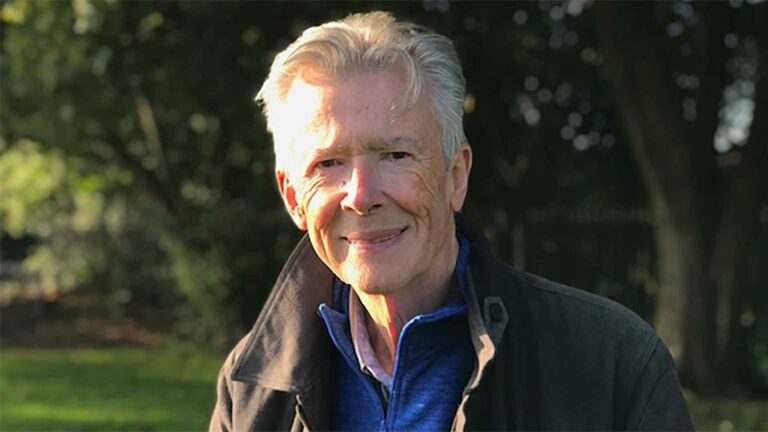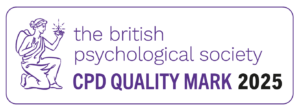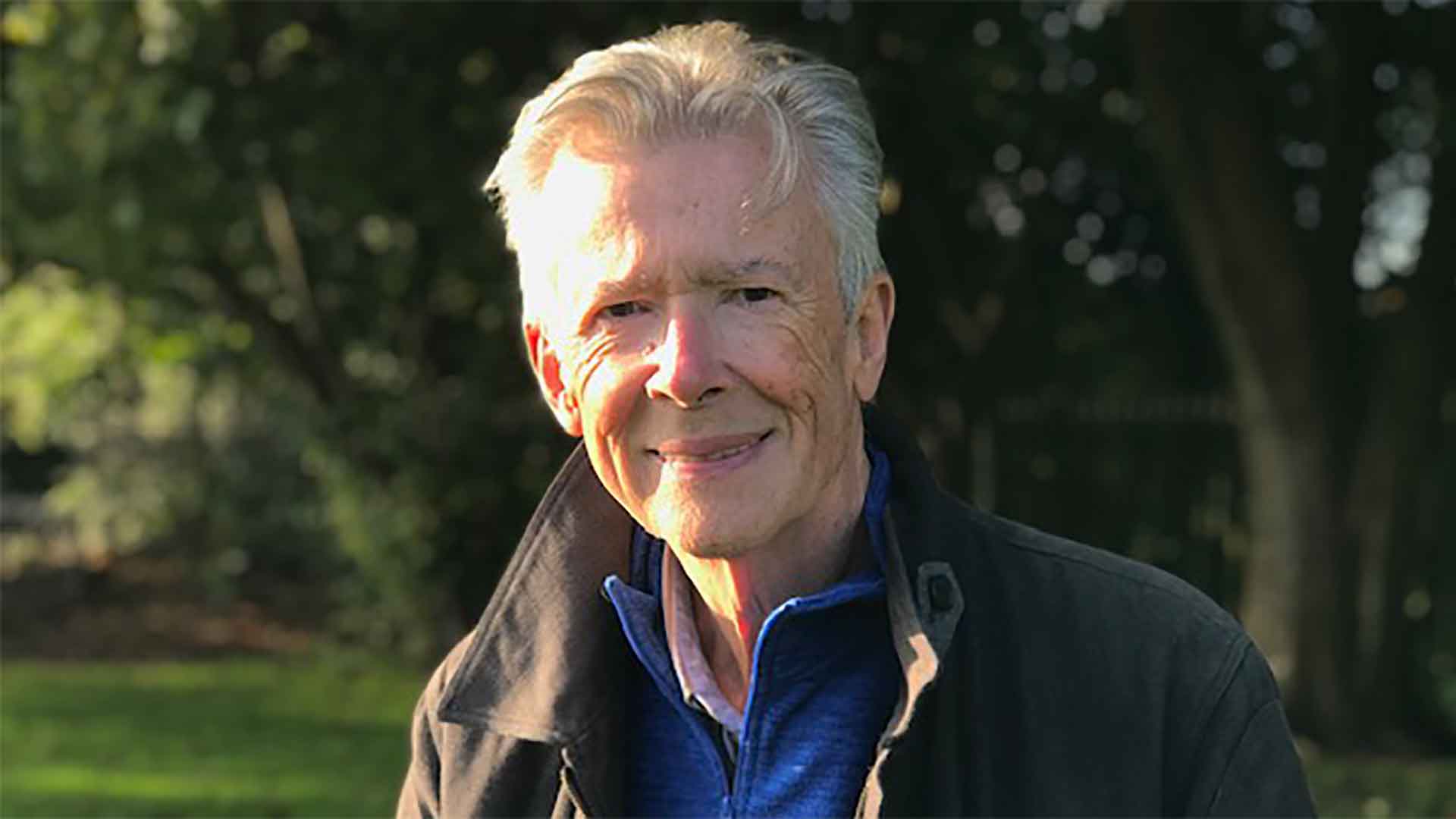
By Nick Cooke
Acceptance and Commitment Therapy (ACT) certified professional training with a key focus on assisting those with anxiety
"… irrespective of the number of symptoms we have, or how serious those are, provided that we respond to them in a mindful way we will feel happier and better able to function. Unwanted symptoms do ‘miraculously’ tend to reduce, even though this is not the primary aim!"
It was Sigmund Freud who famously described anxiety as ‘fear spread thinly. What a lot of sense this continues to make in our present day and age. However, Freud’s belief about the causes of anxiety and his method of treatment varies widely from present day understanding and treatment. Freud’s work was predicated on theories of how sufferers would have ‘repressed’ (hidden from conscious awareness) the causes of symptoms, including anxiety, and that repressed memories connected to the originating causes would be released and brought to conscious awareness, understanding and release through his famous ‘talking cure’, psychoanalysis. We discuss this approach in our Mindfulness Based Clinical Hypnosis (MBCH) training. www.mbch.org.uk
Scientific evidence since the 1980s has shown that many talking therapies including clinical hypnosis, Cognitive Behavioural Therapy (CBT) and mindfulness-based therapies, can be effective in dealing with the symptoms of anxiety. One of the most successful approaches is ACT (Acceptance and Commitment Therapy), which is pronounced as the word ‘act’ for good reason. It’s about taking action. It was developed in the USA by psychologist Steve Hayes, along with his colleagues Kelly Wilson and Kirk Strosahl. The original body of work has been further developed and expanded by others, including Dr Russ Harris who has authored a number of well-respected books including the self-help guide ‘The Happiness Trap’.

Steve Hayes, describes ACT as an ‘oddly counterintuitive model of work’. It can be engaging and playful and teaches us skills to handle unwanted and painful thoughts and feelings in a way in which they have far less significance or negative affect. This is where mindfulness skills are brought into play. It also takes the view that, irrespective of the number of symptoms we have, or how serious those are, provided that we respond to them in a mindful way we will feel happier and better able to function. Unwanted symptoms do ‘miraculously’ tend to reduce, even though this is not the primary aim!
ACT has been scientifically researched and proven to be effective in helping people with a wide range of issues including: anxiety, depression and chronic pain. Even those with severe psychiatric disorders including schizophrenia have gained remarkable benefit. It has also produced similarly high levels of success with some of the less serious conditions which we may encounter in our day-to-day work, such as smoking cessation, weight reduction and reducing stress. The high level of supporting scientific evidence has ensured that ACT has grown in popularity as a form of psychological treatment around the world.

30 years in the making
It’s taken a while to get there. The original development of ACT was around 30 years ago and yet it was not until nearer to 10 years ago when it began to find its current high level of popularity. There are a number of reasons for this delayed enthusiasm:
• 30 years ago ACT seemed to fly in the face of conventional psychological theory in the sense that most approaches aimed to reduce unwanted symptoms. ACT takes a very different approach and one that is much more focussed on the idea that quality of life is primarily dependent upon mindful, values-guided action
• ACT is a mindfulness based intervention and 30 years ago these were in their infancy and seen as a little way out!
• The original writings on ACT were peer reviewed as being ‘overly complex’. Heavy on rather complicated theory but light on practicalities

The ACT acronym
ACT is sometimes seen as a rather large model but the real beauty of it is the way that it can be simplified and easily explainable to clients. I favour this very simple acronym which sums it up neatly.
A = Accept your thoughts and feelings and be present.
C = Choose a valued direction
D = Take action!
Key themes of ACT include developing psychological flexibility, encouraging self-awareness and examining beliefs and values. Here we encourage our clients, rather like we would in a coaching exercise, to explore their innermost beliefs and values. What would they live and die for? What would they say is their life purpose? Translating this into a behavioural context, what qualities of ongoing action matter? How do clients want to behave on an ongoing basis?
Clients are taught how to ‘defuse’, or separate from their unwanted thoughts, emotions and mental pictures. They learn how to observe them more passively or step back and view them from a distance, rather like clouds passing by in the sky. ACT employs a number of different styles of metaphor, which are often a great way of teaching clients in an indirect and more acceptable manner.







